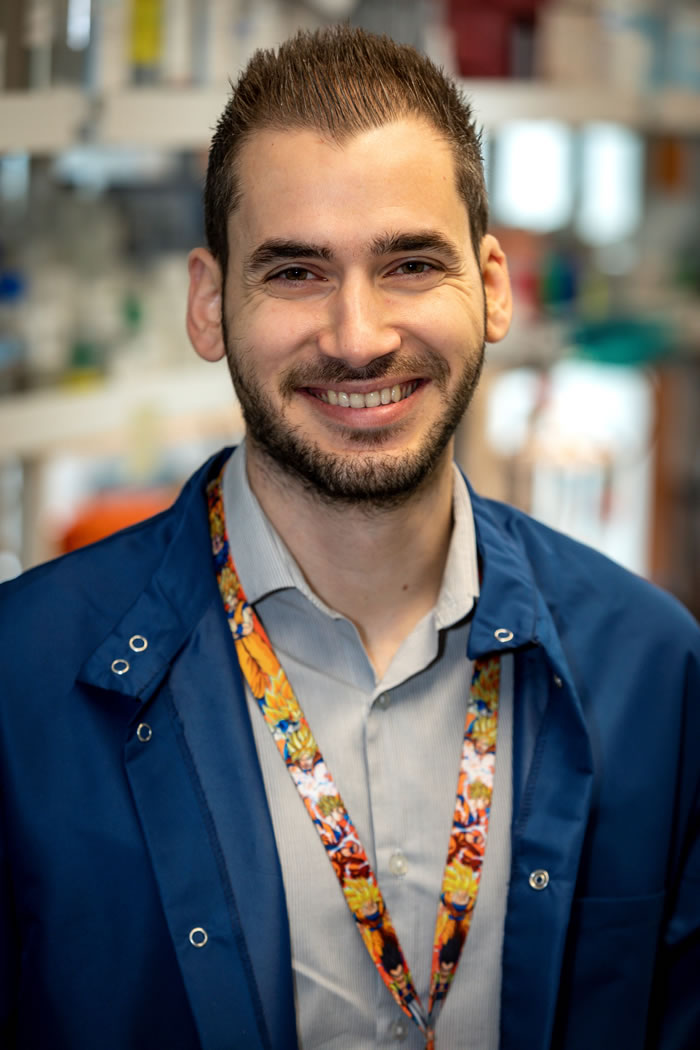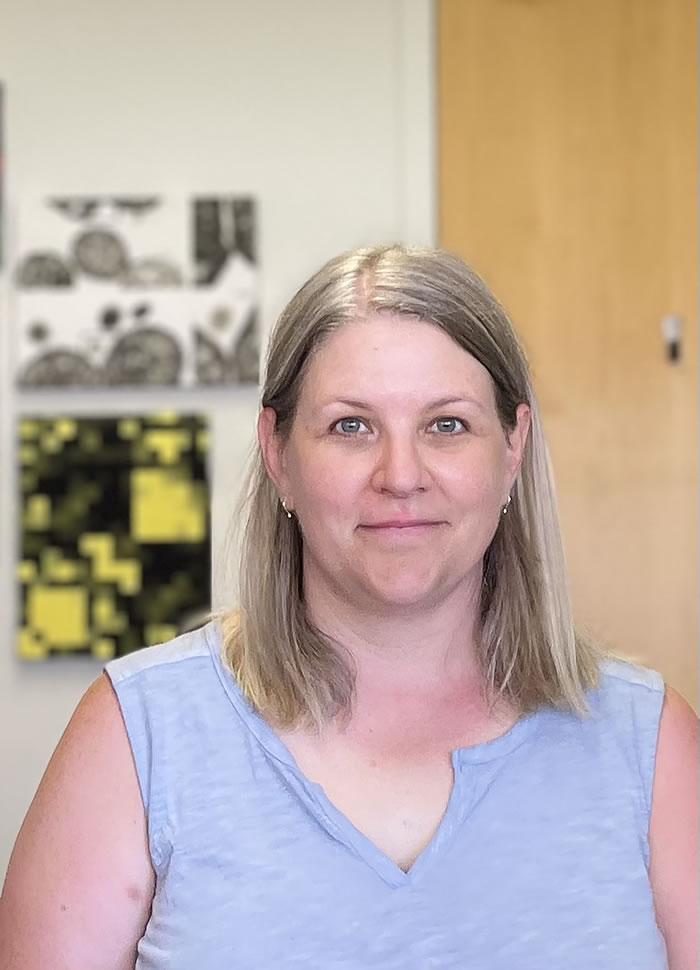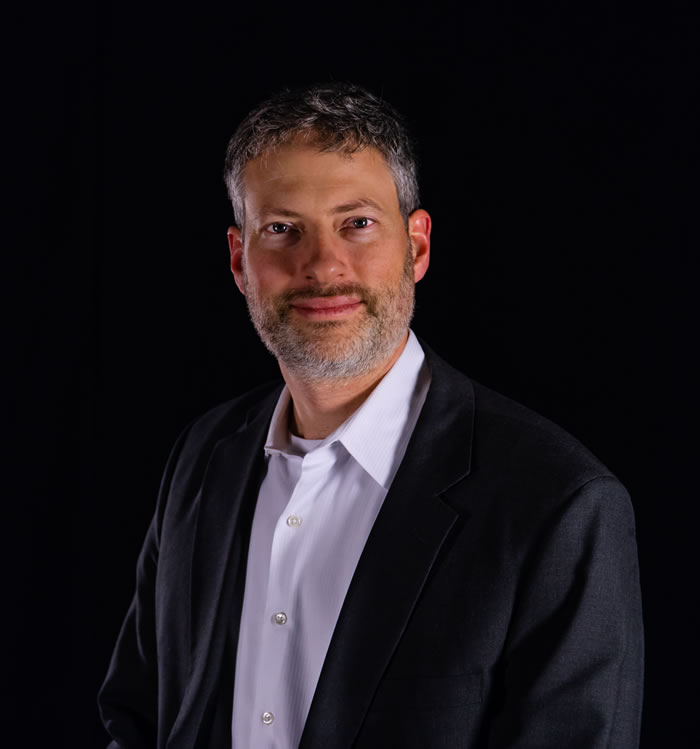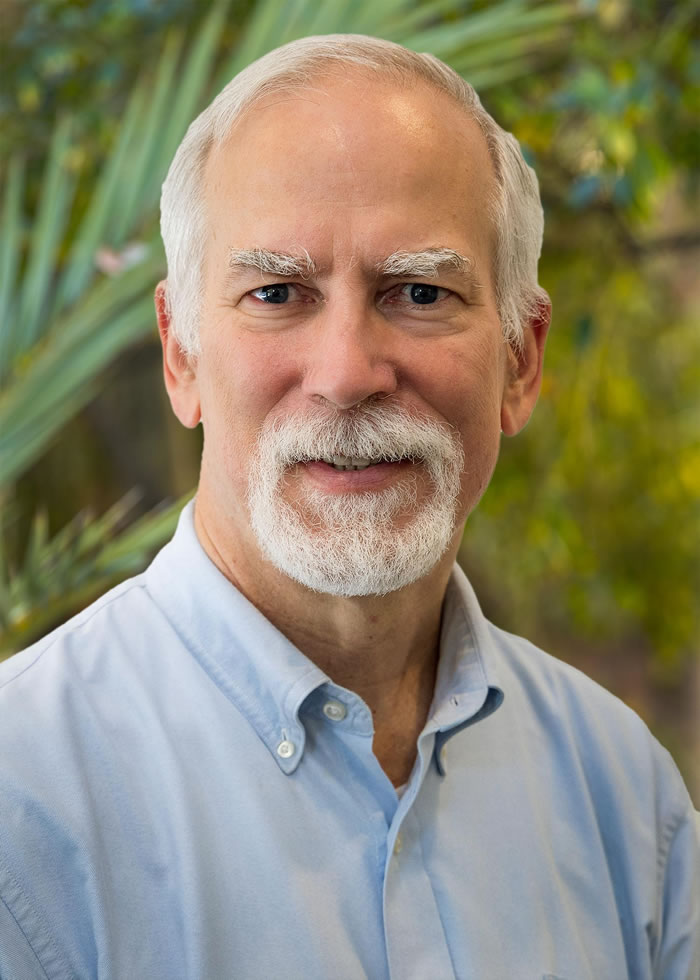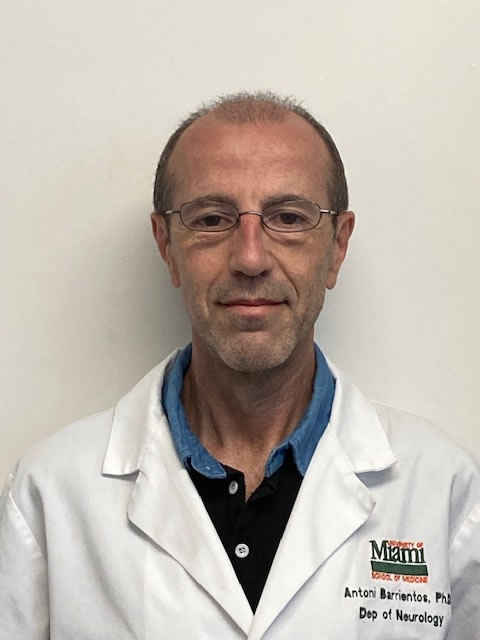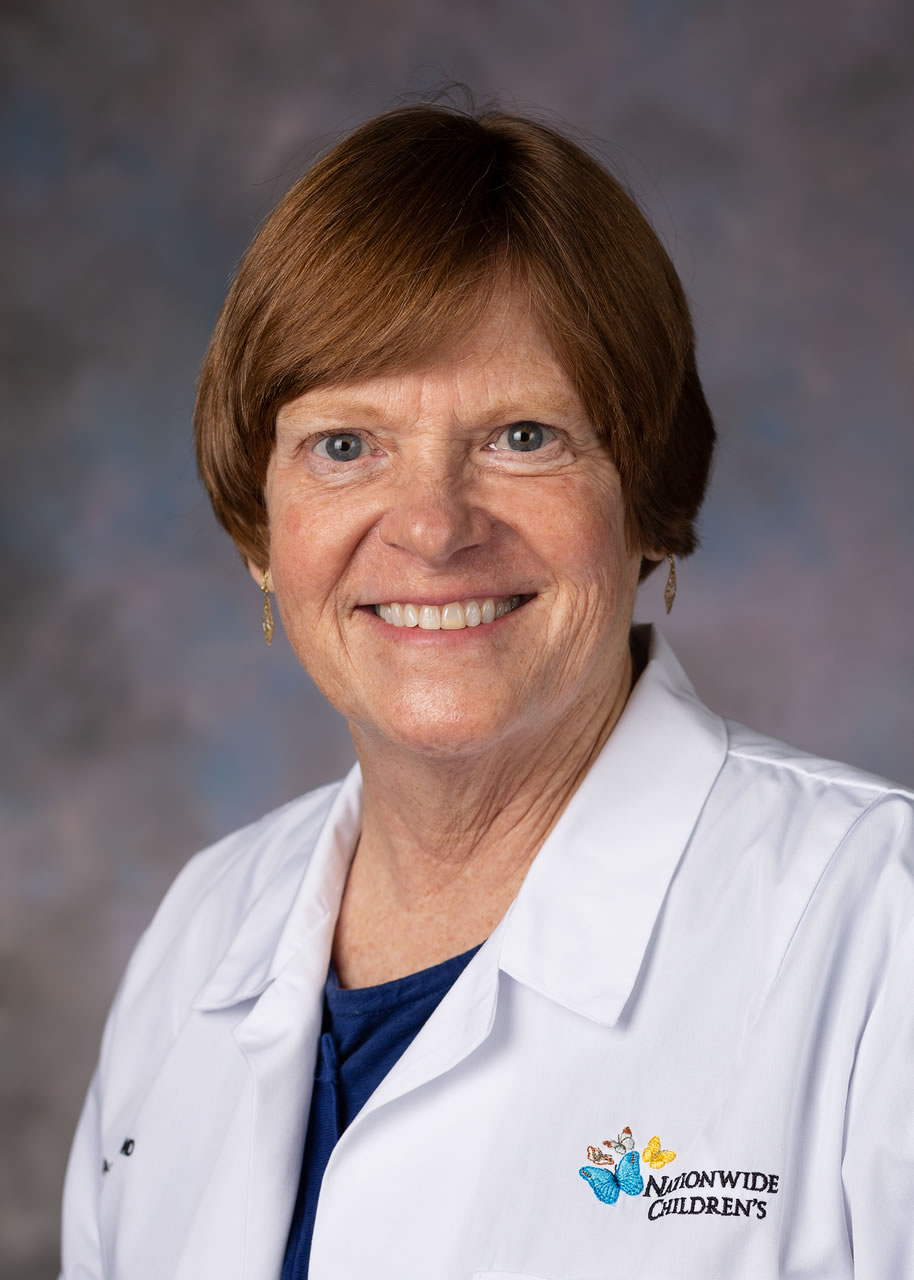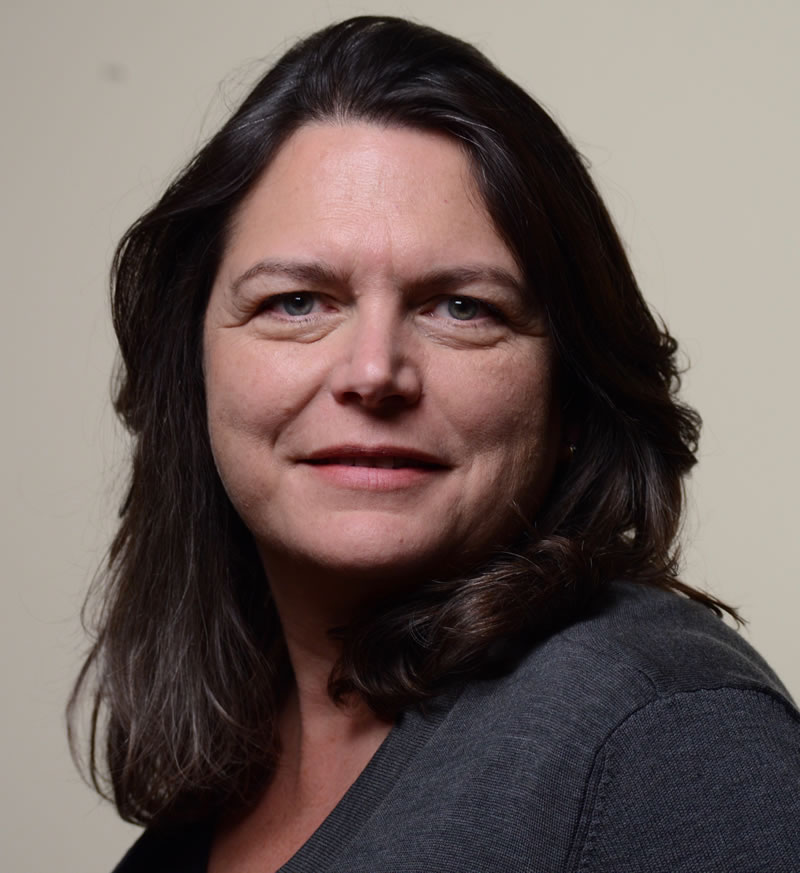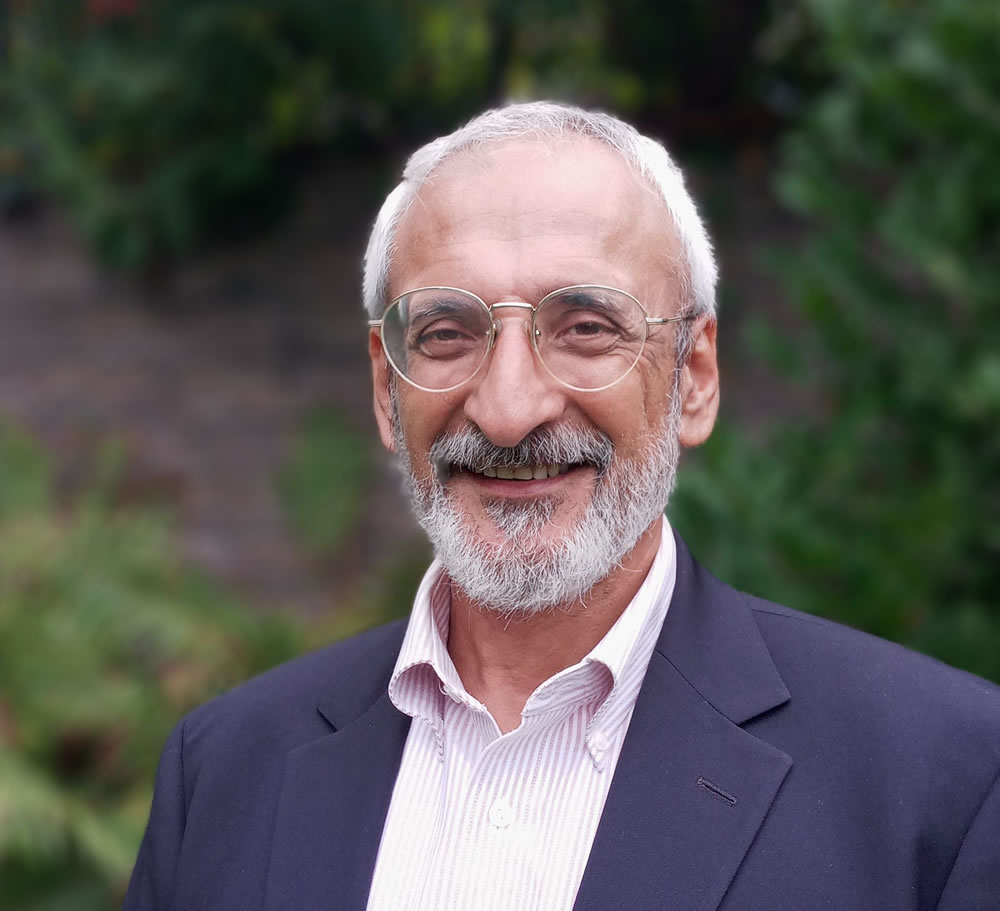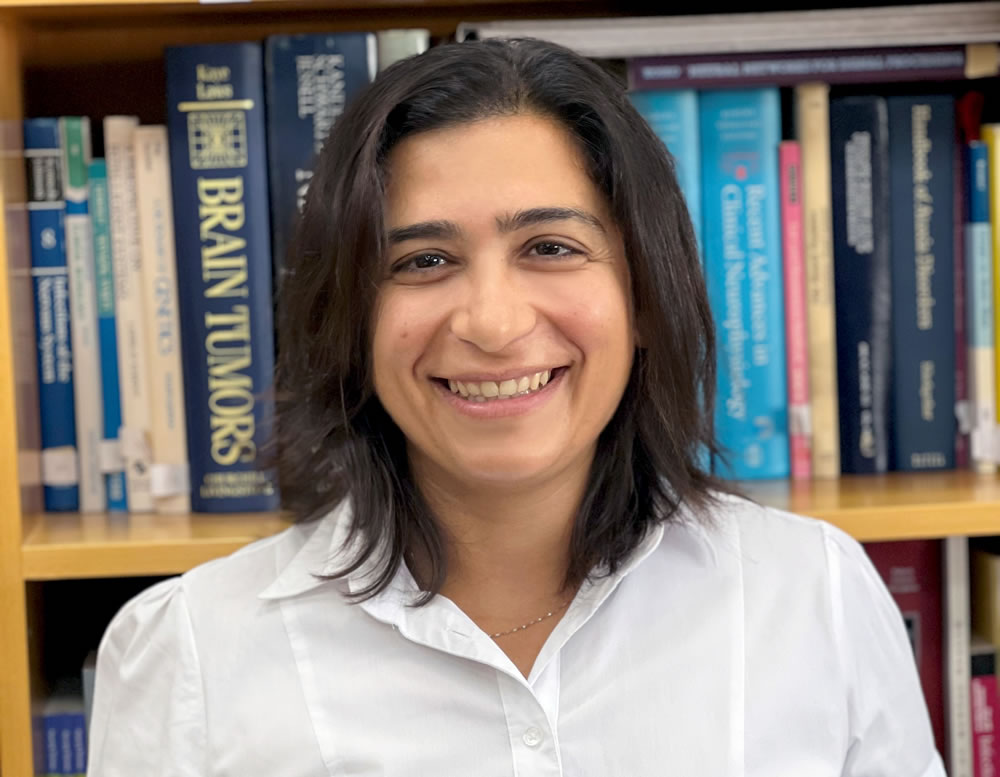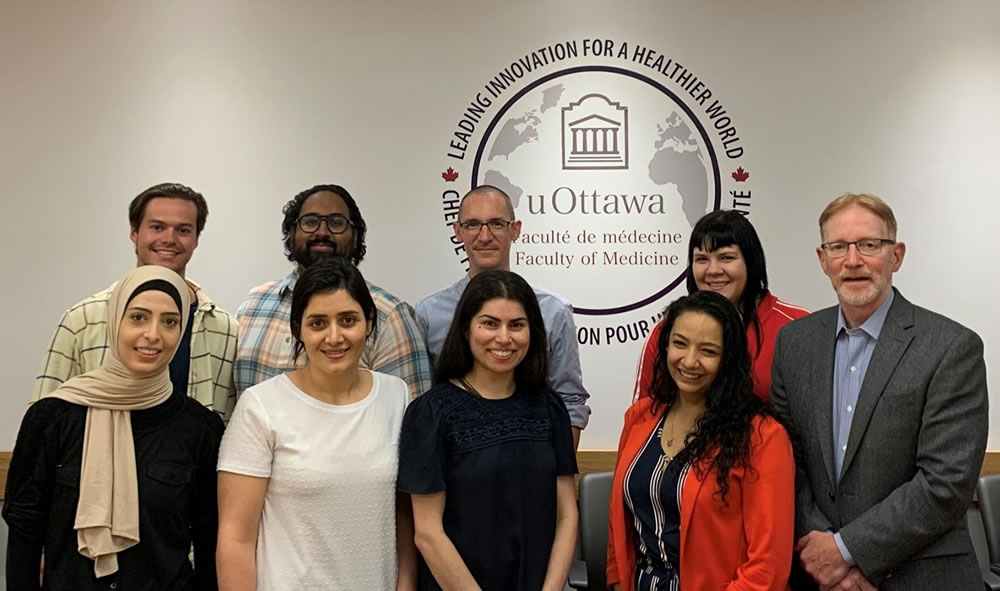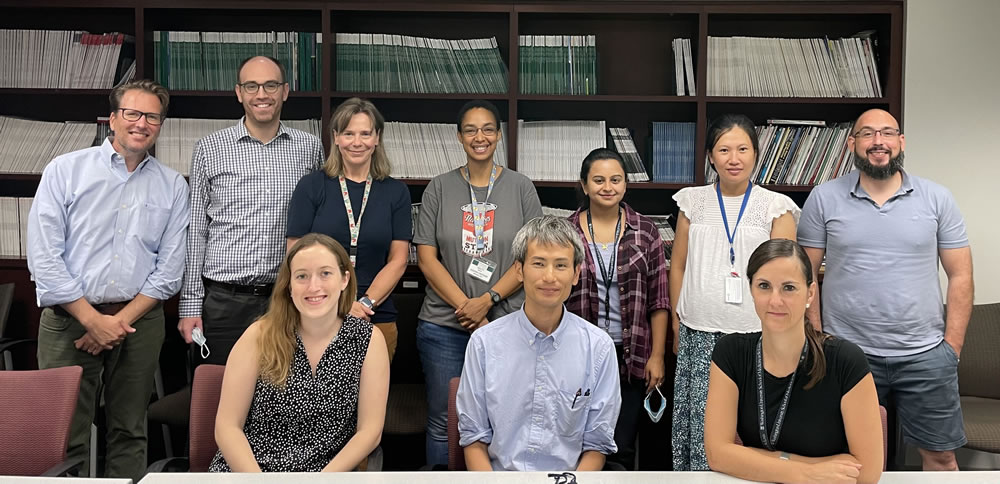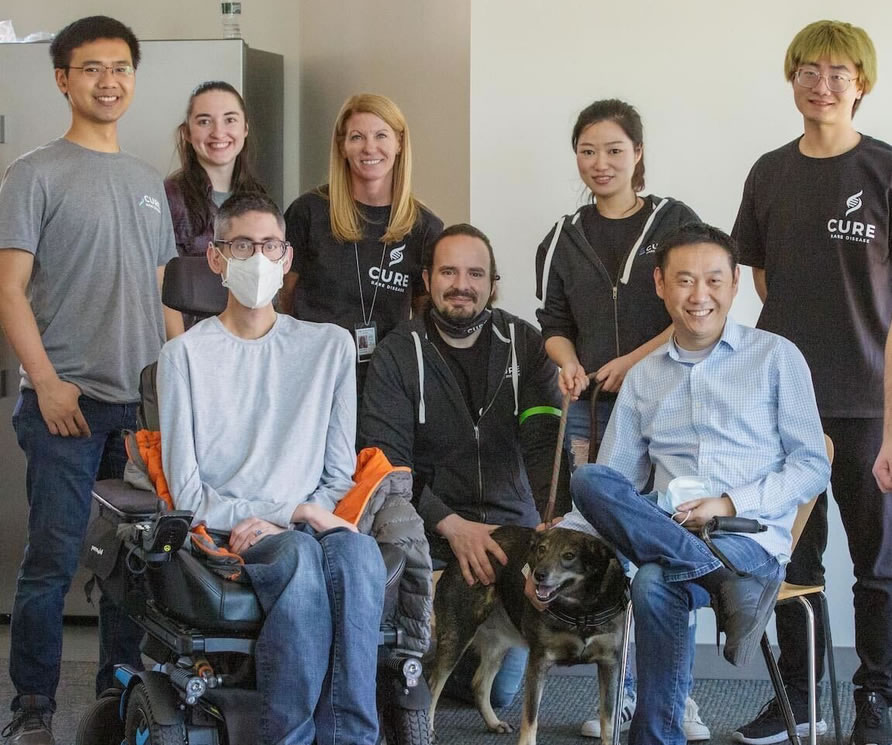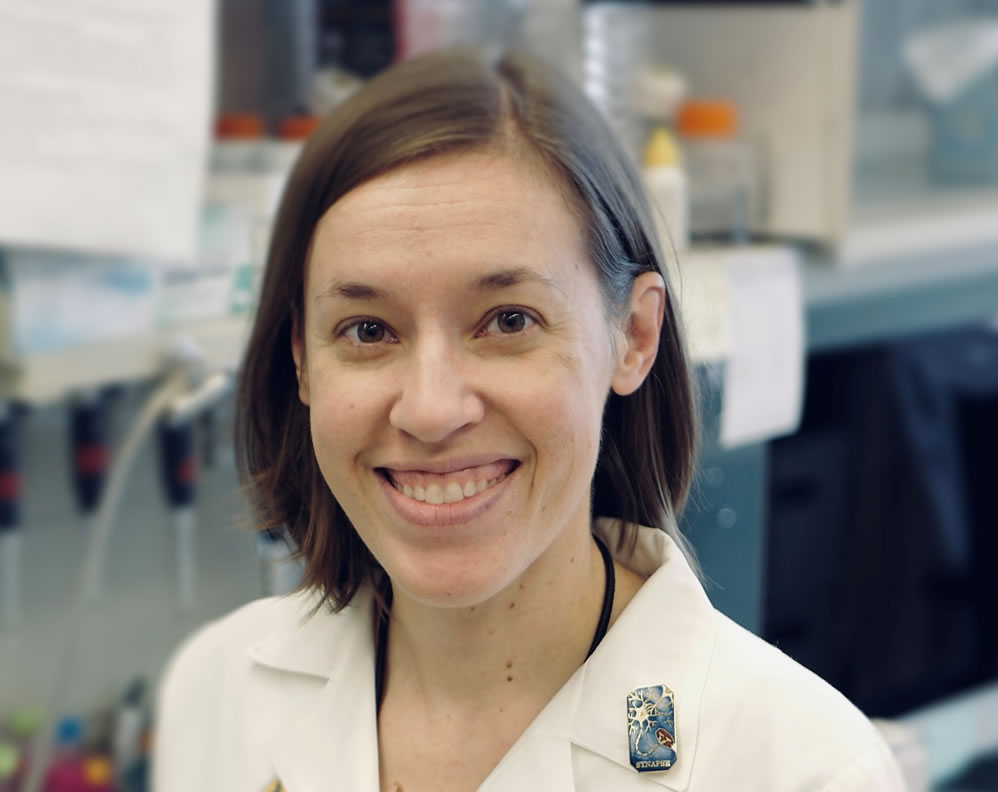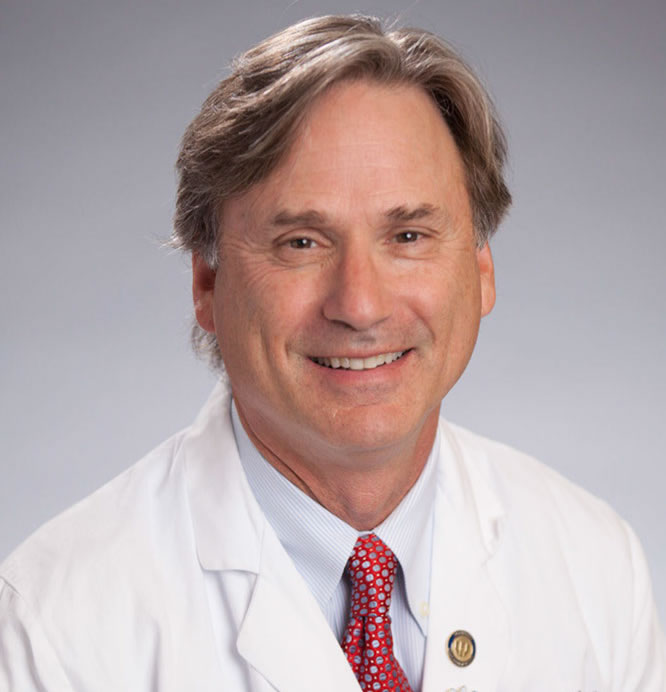MDA Resource Center: We’re Here For You
Our trained specialists are here to provide one-on-one support for every part of your journey. Send a message below or call us at 1-833-ASK-MDA1 (1-833-275-6321). If you live outside the U.S., we may be able to connect you to muscular dystrophy groups in your area, but MDA programs are only available in the U.S.
Modulating ER-phagy thwart muscle diseases
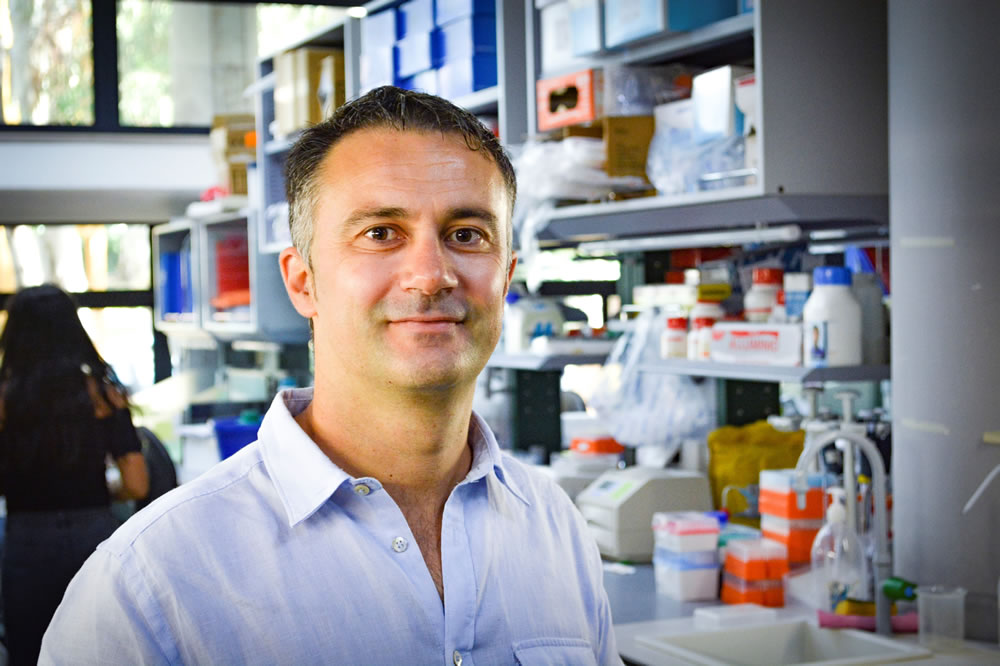
Muscular dystrophies are genetic disorders characterized by progressive muscle degeneration. In the severe forms, muscle deterioration predisposes patients to a wheelchair and cardiorespiratory failure, as is the case with Duchenne Muscular Dystrophy (DMD) and Ullrich Congenital Muscular Dystrophy (UCMD). DMD and UCMD are widespread worldwide and currently has no cure. These diseases are degenerative and existing treatments only address some of the symptoms, offering no real delay in disease progression. Muscle wasting in patients is characterized by an impairment of the autophagy process that is responsible for the removal of altered organelles inside the myofibers. Moreover, muscles present an increase of ER stress markers suggesting that ER homeostasis is compromised too. Despite its irreplaceable role in muscle physiology, when dysfunctional, the sarcoplasmic reticulum (SR) progressively loses its beneficial role in dystrophic muscles and becomes detrimental promoting a stressful environment and the consequent myofibers’ death. The mechanisms responsible for the fitness of the SR are still poorly understood, which limits any therapeutic efforts in this area. Therefore, investigating SR dynamics and its turnover, in DMD and UCMD muscle, is required to develop alternative therapeutic approaches. This research aims to uncover the biological mechanisms responsible for SR homeostasis. So doing, we hope to reveal targets for future pharmacological treatments.
Grantee: Paolo Grumati, Ph.D
Grant type: Idea Award
Award total: $50,000.00
Institution: Fondazione Telethon
Country: Italy

